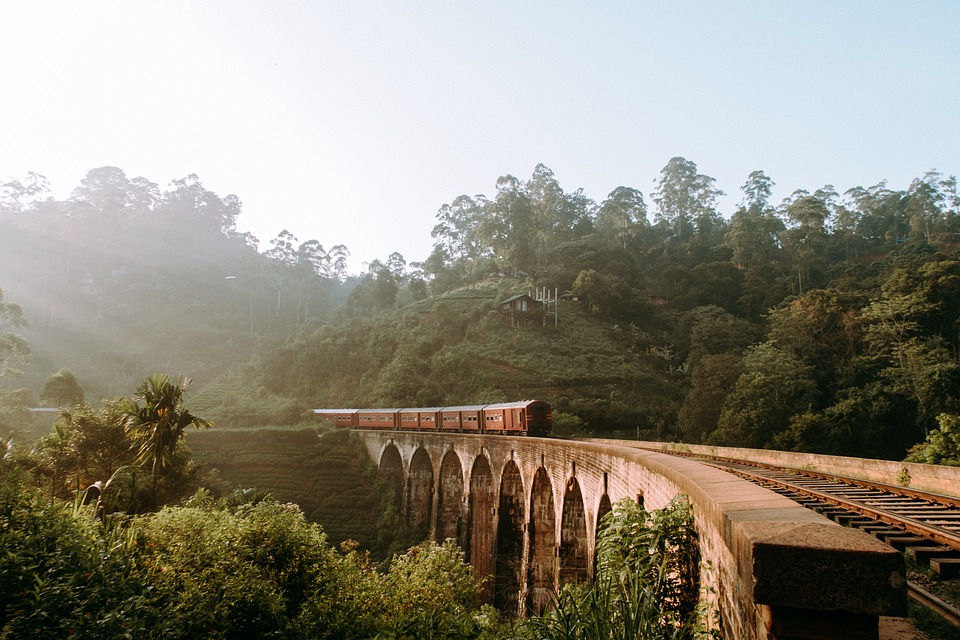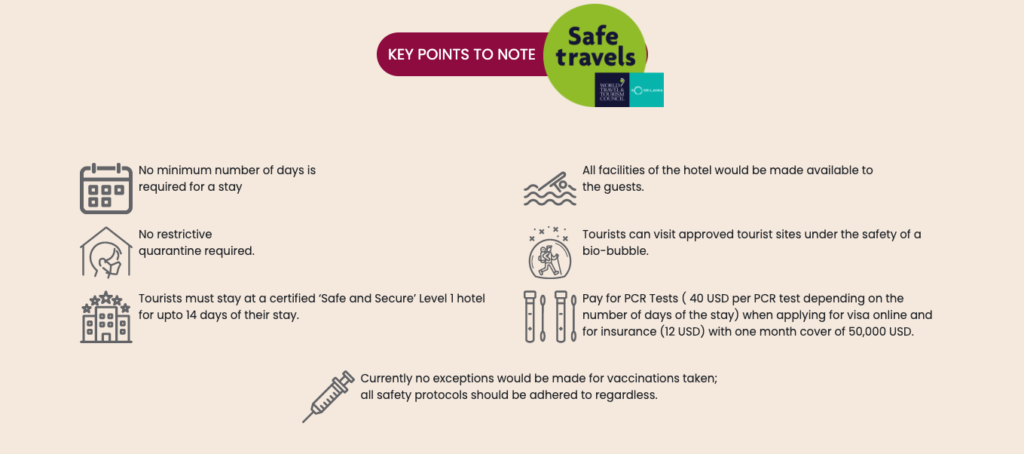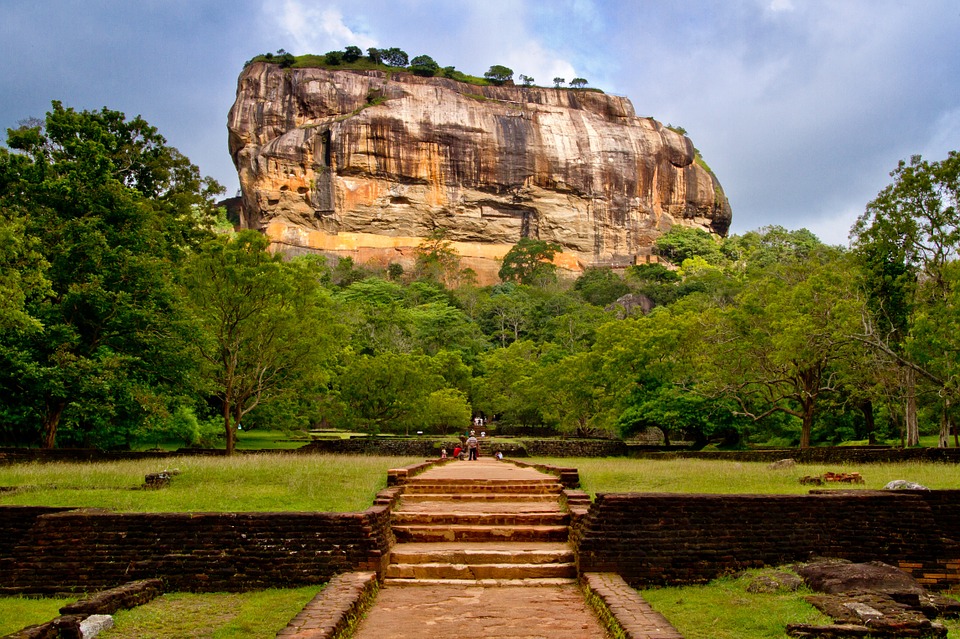Sri Lanka has officially reopened its doors to tourists, however...
The Indian Ocean island after many false starts (the first reopening was supposed to be last August) has officially reopened [...]
Indian Ocean island after so many false departures (the first reopening was to be last August) officially reopened the borders to travelers and for all kinds of travel.
In this article:
This news confirms how, after the Maldives and Seychelles, it is precisely the countries in that area that are the first to want to welcome tourism back and thus give an important shake to the economic fabric that lives largely on the induced income generated by foreigners.

How to obtain a visa for Sri Lanka
As of yesterday, Jan. 21, all previously scheduled protocols have been reactivated. In the case of Italian citizens, they must obtain an electronic visa, known as an ETA.
The ETA is an official authorization for a short visit to Sri Lanka and is issued electronically by the Department of Immigration and Emigration. The ETA holder has the right to enter the country within three months from the date of issuance of the document. It is advisable to keep a copy of the ETA approval and present it at the port of entry into Sri Lanka.
ETA holders must meet the following requirements at the point of entry and must possess:
- A passport valid for not less than 6 months from the date of arrival.
- A confirmed return ticket.
- Sufficient funds to meet expenses during the stay.
The ETA is initially limited up to 30 days from the date of arrival and can be extended up to six months.
It is possible to apply for electronic travel authorization (ETA) through the online system via www.eta.gov.lk, which is set up at the Department of Immigration and Emigration in Sri Lanka. Applications must be submitted electronically in English only and copies of passports, documents or photographs are not required.

Image from PixBay
The Hello Again campaign
On the official tourism website, the section dedicated to restarting has been activated, you can read all the requirements and rules for staying, which are as follows:
- Send a negative swab (PCR) within 96 hours of departure.
- Book in advance to stay in one of the 55 hotels approved "safe and secure" and related transfers.
- Purchase a $ 12 health visa that covers up to $ 50,000 in medical care.
- Fill out the health declaration .
- Undergo two more hotel swabs on days 3 and 7 and one swab by day 13.
- If negative after 14 days, tourists can leave the hotel and venture all over the island.

Some solutions are "copied" from neighboring countries. Seychelles also requires the negative swab to be sent before departure, and, as with Thailand, accommodations have been identified where quarantine can be carried out. One important thing is that there is no set minimum stay. So if, for example, you were looking for a resort where you could go to the beach and not go out for a week you could do it, which is not feasible in Thailand, for example.
In addition to this, guests can leave the sheltered facilities to visit certain destinations, following the prescribed protocols.
In conclusion
Of course 14 days in a hotel is not the best, but there are some facilities that can easily make you forget you can't go out. Full details are available On the Ministry of Tourism website.
- 6,000 Mile Registration Bonus
- Collect miles WITH EACH PURCHASE
- Your miles with no expiration*
- No fees for ATM withdrawals and foreign purchases
- Without having to change banks
- Autonomous card activation
- Multi-function mobile application
- Free travel insurance
- Free credit for up to 7 weeks
- Contactless Payment
- Mastercard® SecureCode




